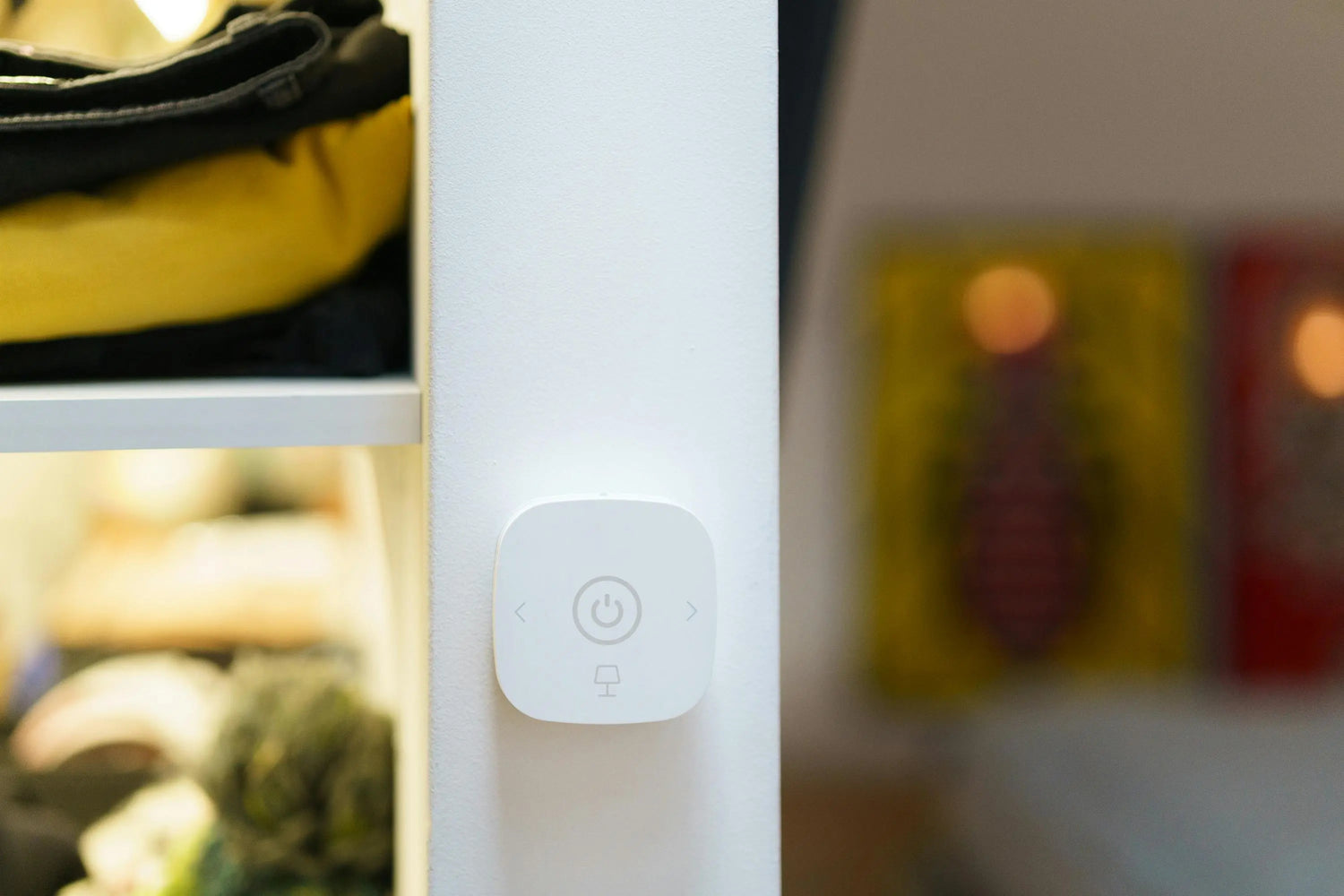Unveiling the Superiority of LFP Lithium in Portable Power Stations and Home Power Stations:
In the dynamic and evolving landscape of home and portable solar power, the choice of battery technology is a critical decision that significantly influences the efficiency, safety, and durability of the entire setup. This comprehensive exploration delves into the comparative analysis of Lead-Acid and LFP Lithium batteries "LFP", with a special focus on their application in both portable power stations and home power stations. Beyond the surface-level considerations of weight, efficiency, and safety, we will also delve into the extended cycles and lifespan that make LFP a standout choice in the realm of sustainable energy solutions.
LFP Lithium vs Lead-Acid Batteries
Lead-Acid: A Weighty Compromise for Portable and Home Power
Lead-Acid batteries have long been recognized for their affordability, making them a popular choice in various applications. However, their substantial drawback lies in their weight, a critical consideration for both portable and home power stations. The demand for lightweight solutions in portable setups becomes especially apparent, where agility and ease of transport are paramount. The bulk and heaviness of lead-acid batteries make them less desirable in these scenarios. Furthermore, their lower energy density requires the use of a greater number of batteries to achieve an equivalent power output, contributing to further weight and space challenges.
LFP Lithium: A Lightweight Powerhouse for All Applications
Contrastingly, LFP batteries emerge as an ideal solution for both portable and home power stations. Their lightweight nature and compact design make them a preferred choice, ensuring ease of transport for portable setups and efficient space utilization for home power applications. The high energy density of LFP batteries allows for a more significant storage capacity in a smaller and lighter package, making them versatile for various power needs.
Benefits of LFP Lithium in Portable Power Stations:
-
Enhanced Battery Efficiency:
- Lead-Acid: Limited efficiency may lead to energy wastage during charging and discharging.
- LFP: With over 95% efficiency, LFP batteries maximize solar power utilization, providing ample energy for portable needs. 🏆
-
Lightweight Design for Unmatched Portability:
- Lead-Acid: Cumbersome and heavy, hindering portability.
- LFP: Designed with mobility in mind, LFP batteries are lightweight and compact, ensuring effortless use on the go. 🏆
-
Superior Safety Features:
- Lead-Acid: Safety considerations, including maintenance and venting.
- LFP: Operates with enhanced safety features, requiring no maintenance or venting, prioritizing user safety. 🏆
Benefits of LFP Lithium in Home Power Stations:
-
Efficient Space Utilization:
- Lead-Acid: Bulky design may limit space efficiency.
- LFP: Compact design allows for efficient use of space, making them suitable for home power stations. 🏆
-
Extended Cycles and Lifespan Analysis:
One of the standout advantages of LFP batteries lies in their extended cycles and lifespan. Unlike Lead-Acid batteries, which have a shorter lifespan and require regular maintenance, LFP batteries are engineered for durability. They can withstand the rigors of portable solar applications without compromising efficiency, making them a sustainable and cost-effective choice for both portable and home power setups.
Extended Cycles and Lifespan Analysis:
The cycle life of a battery refers to the number of charge and discharge cycles it can undergo before its capacity degrades significantly. LFP batteries, also known as lithium iron phosphate batteries, exhibit an impressive cycle life compared to Lead-Acid counterparts. While Lead-Acid batteries typically offer around 300 to 700 cycles, LFP batteries can exceed 2000 cycles or more under optimal conditions. This extended cycle life translates to a longer operational lifespan, reducing the frequency of replacements and contributing to overall cost-effectiveness.
The prolonged lifespan of LFP batteries can be attributed to their inherent chemistry. Unlike Lead-Acid batteries, which are susceptible to sulfation and other degradation mechanisms, LFP batteries experience minimal capacity loss over time. The robust nature of lithium iron phosphate chemistry ensures consistent performance throughout the battery's lifespan, providing a reliable and long-lasting energy storage solution.
Conclusion:
Choosing the optimal battery for both portable and home power stations involves a delicate balance of factors such as weight, efficiency, safety, durability, and lifespan. LFP batteries emerge as the frontrunners in this dynamic landscape, offering a lightweight, efficient, and reliable power source for on-the-go adventures and home applications alike. Their extended cycles and impressive lifespan make them a sustainable choice, aligning with the growing emphasis on eco-friendly and durable energy solutions.
LFP batteries not only address the immediate concerns of weight, efficiency, and safety but also provide a forward-looking solution with extended cycles and lifespan, ensuring a sustainable and robust energy infrastructure for the future.
hubz power designs portable and home energy storage solutions using LFP tech alongside advanced battery management systems “BMS” and maximum power point tracking “MPPT” for solar energy conversion, ensuring the optimum tech spec for pro level performance and customer safety.








